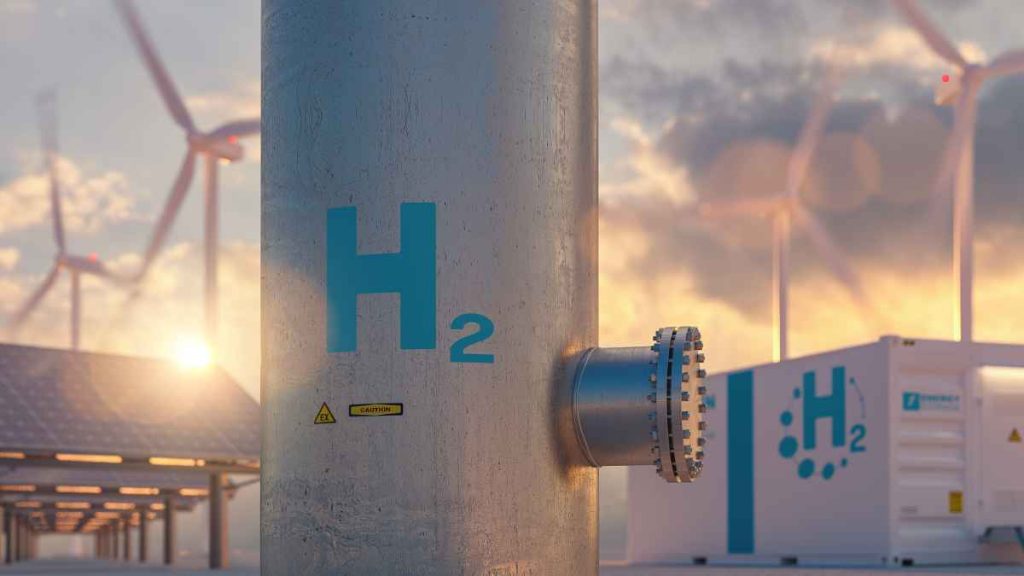A recent report from Hydrogen Mobility Ireland highlights the potential of developing the hydrogen fuel industry in Ireland as a means to enhance energy security in the transport sector. This initiative could not only contribute to the country’s climate goals but also create hundreds of jobs and attract significant investment exceeding €6 billion.
The report underscores the urgency of transitioning towards alternative fuel sources amid growing concerns about climate change and energy dependence. With a focus on hydrogen fuel, Ireland has the opportunity to bolster its transport infrastructure while reducing greenhouse gas emissions. The establishment of a robust hydrogen economy could be instrumental in meeting the country’s ambitious climate targets.
Hydrogen fuel cell technology has already seen a glimpse of its capabilities in Ireland, exemplified by Bus Éireann’s use of three hydrogen fuel cell electric buses since 2021. These buses represent a pioneering step towards integrating cleaner technologies into public transport, showcasing hydrogen’s potential as a viable energy source.
The development of hydrogen fuel in Ireland aligns with broader European efforts to enhance energy resilience. As the EU seeks to diversify energy sources and reduce reliance on fossil fuels, hydrogen is increasingly seen as a critical component of future energy systems. By investing in hydrogen infrastructure, Ireland could position itself as a leader in this emerging sector, benefiting from technological advancements and increased competitiveness in the green energy market.
According to the report, the establishment of hydrogen production facilities, distribution networks, and refuelling stations will be essential for fostering a thriving hydrogen economy. This will necessitate collaboration between government bodies, private sector stakeholders, and research institutions to create an integrated approach that supports innovation and scalability.
The projected €6 billion investment would not only focus on infrastructure development but also on research and development initiatives aimed at advancing hydrogen technology. This investment is expected to generate thousands of jobs across various sectors, including engineering, manufacturing, and renewable energy.
Moreover, the hydrogen fuel initiative could help Ireland mitigate energy supply risks and improve its energy independence. By developing a domestic hydrogen supply, Ireland can reduce its reliance on imported fossil fuels, thereby enhancing its energy security and resilience against global market fluctuations.
The positive environmental impact of hydrogen fuel cannot be overlooked either. As a clean energy source, hydrogen has the potential to significantly reduce carbon emissions in the transport sector, which is crucial for achieving national and international climate objectives. This shift towards sustainable transport aligns with Ireland’s commitment to reaching net-zero emissions by 2050.
As the country navigates the challenges of climate change and energy security, the focus on developing hydrogen fuel presents a promising avenue for achieving sustainable transport solutions. By investing in this technology and fostering collaboration across sectors, Ireland can harness the benefits of hydrogen fuel and pave the way for a cleaner, greener future.
In conclusion, the development of hydrogen fuel in Ireland could not only ensure energy security in transport but also stimulate economic growth and job creation. With the right investments and strategic partnerships, Ireland has the potential to emerge as a key player in the global hydrogen economy.



